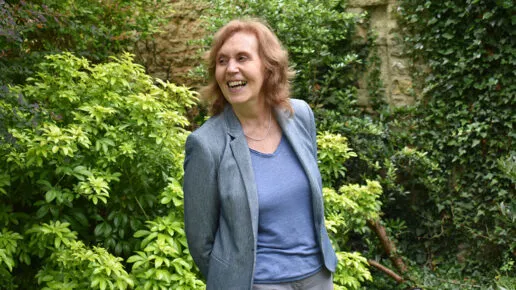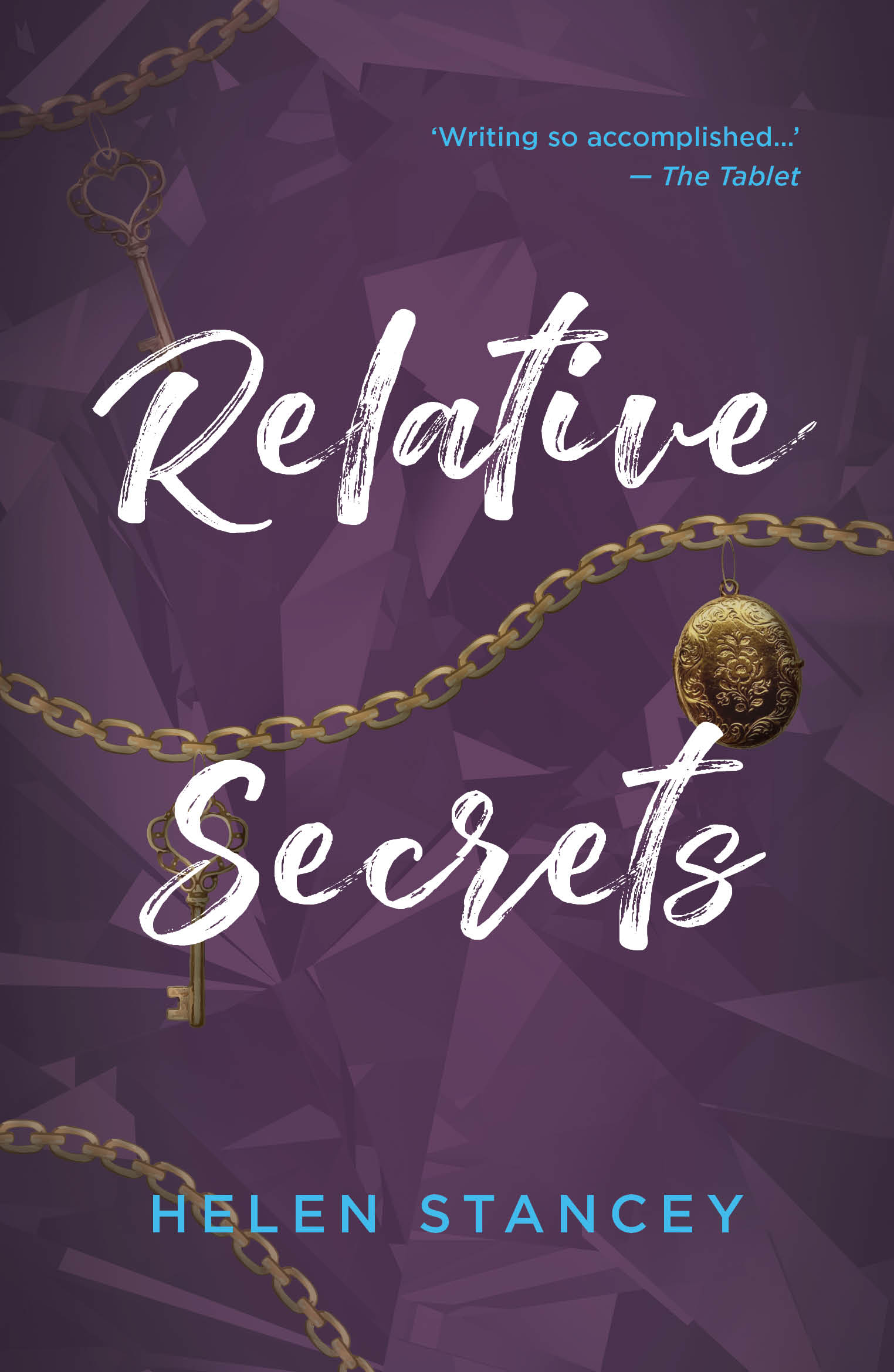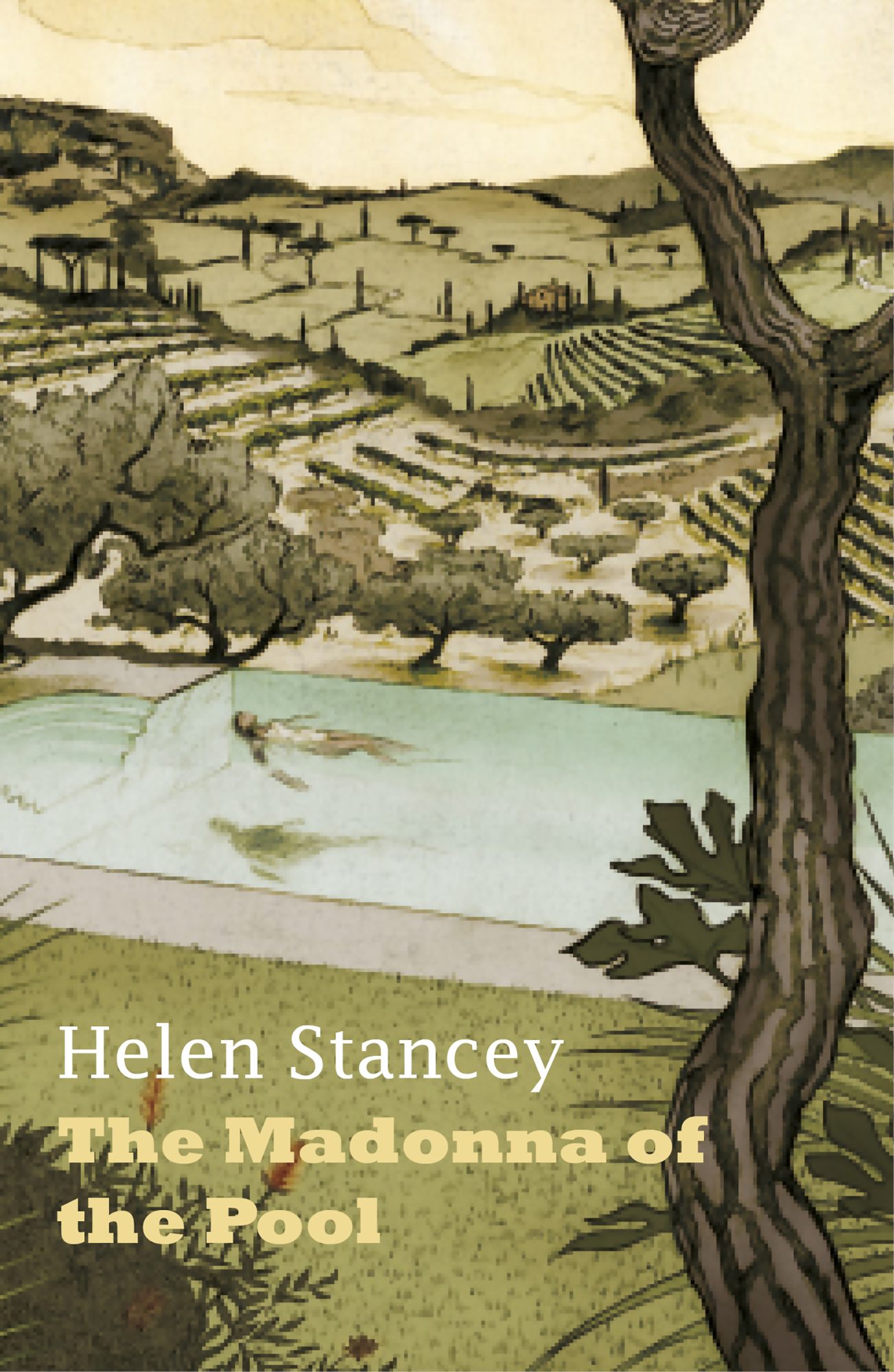Helen Stancey

Profile
Helen Stancey is the author of the novel Relative Secrets (2021) and the short story collection The Madonna of the Pool (2017). You can read a free short story from this collection here.
Helen was born and brought up in Yorkshire. After attending University College London with a degree in English, she decided to remain in the capital, where she is still currently living. She was briefly involved in the fringe theatre, before qualifying in psychology and teaching in various colleges. Helen is married with three children.
Below is a short Q&A with Helen Stancey:
What does writing mean to you and how did you start writing?
From very early childhood I wrote, in the sense of inventing stories and poems. I used to do that before I was old enough to be able to write things down. Then I just continued once I’d learnt the physical act of writing. So, it feels like a natural part of me, but unfortunately ‘natural’ doesn’t necessarily mean it’s always easy.
When and where do you tend to write? Is there something that helps you ‘get in the zone’?
For most of my adulthood, I’ve been fitting writing around the rest of my life so it’s been a matter of whenever and wherever possible. I need quiet to write and interruptions are disastrous – I could never do the laptop in coffee shop thing. I find that what‘s being produced, both the scene and the words to be used, are evanescent and can vanish quickly until they’re nailed down on the (in my case) paper. With noise or interruption, they’re gone, and you can’t get them back in the same form again. Ideally, I’d be at our kitchen table in a temporarily empty house. The kitchen table looks out onto the garden, which is good for when you’re staring into your thoughts, and I find that if you get stuck it’s helpful to get up and do a bit of washing up or vegetable peeling. With your hands doing those mundane things, you mind seems to be more willing to unblock. I prefer to write on paper in pencil, and type it up later. For me, there seems to be a more direct connection between imaginative thought, hand and physical writing. And I’d want to know that other people were going to be in the house later on. Writing can be lonely.
You have an academic background in English and Psychology. Do you find either of these to be an advantage when writing?
I don’t consciously apply knowledge or techniques from either of these areas. But what you write comes out of a well which contains all your experiences, so I’m sure they must have an influence of some sort.

